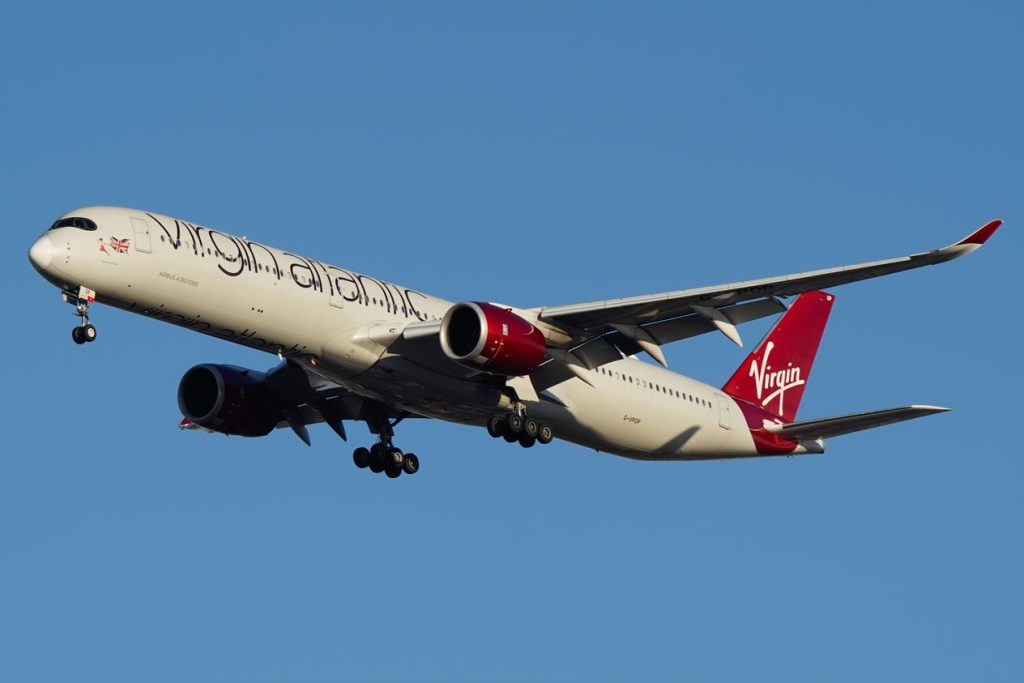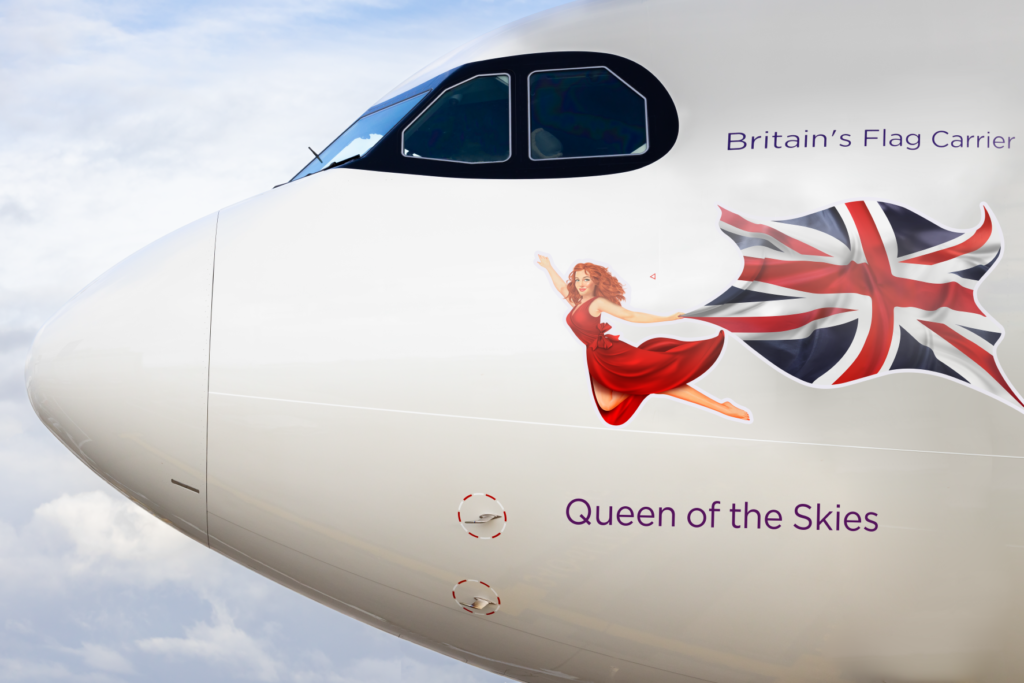On July 13, Virgin Atlantic Cargo announced its new SAFc Programme to offer customers better carbon emissions management.
This article will cover the details surrounding Virgin Atlantic Cargo’s new SAFc Programme and what this will entail for their customers.
Virgin Atlantic Cargo’s New SAFc Programme

As part of their new sustainable venture, Virgin Atlantic Cargo will now offer customers the ability to use its Sustainable Aviation Fuel Certificate (SAFc) programme, which has been designed to enable their customers in managing their carbon emissions whilst jointly committing to Virgin Atlantic’s purchasing of Sustainable Aviation Fuel (SAF).
The new SAFc programme is part of Virgin Atlantic’s commitment to achieving 10% of flights powered by SAF by 2030, making headway on the worldwide aviation target of net zero carbon emissions by 2050.
Already the British carrier partnered with Neste back in 2022 for the delivery of 2.5 million litres of Neste Oyi neat SAF into London Heathrow, which is the SAF that is being utilised as part of their new SAFc programme.
Their customers will also receive a certificate for Scope 3 emissions reductions in air freight, as well as having an insight via Virgin Atlantic Cargo’s dedicated air freight carbon calculator, which has been independently certified and developed in-house combining Virgin Atlantic’s actual flight emissions data to provide customers the ability to manage and reduce their carbon emissions.
The first partner to participate in Virgin Atlantic Cargo’s new SAFc programme is DB Schenker, with the German company purchasing over several thousand tonnes of Scope 3 emissions reductions.
Executive Comments
Commenting on the announcement of their new SAFc programme, Virgin Atlantic Cargo’s Vice President and Managing Director, Phil Wardlaw, says, “It’s through collaboration and partnership that we’ll be able to find more sustainable ways to fly.”
“Our new SAFc programme allows us to collaborate with customers and support them in making lower carbon choices to meet sustainability targets, easily understand their emissions and support future SAF contributions – a key step towards our Net Zero commitments.”
“We already have one of the youngest and most fuel-efficient fleets in the sky, but after this, SAF represents the greatest opportunity to decarbonise aviation in the short to medium term, but we still require cross-industry and Government action to support commercialisation of SAF at scale, particularly in the UK.”
“Our fuel programme will help us as we continue to work closely with our sustainability and cross-industry partners to find innovative solutions to achieve this goal.”
Adding to Wardlaw’s comments, DB Schenker’s Global Board Member for Air and Ocean Freight, Thorsten Meincke, says, “Climate neutrality is an ambitious goal – but it must be our guiding principle. That is why we are steadily expanding our portfolio of fossil-free air freight solutions.”
“We are delighted to be Virgin Atlantic Cargo’s first partner for the application of SAF. Together, we provide our customers with new opportunities to make a substantial reduction in their carbon footprint.”

Click the banner to subscribe to our weekly newsleter.









